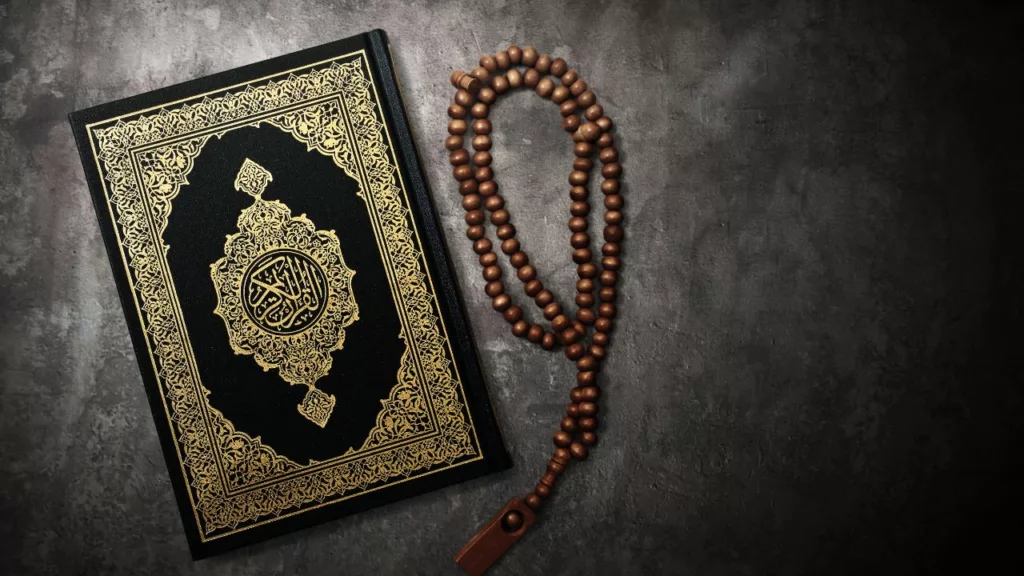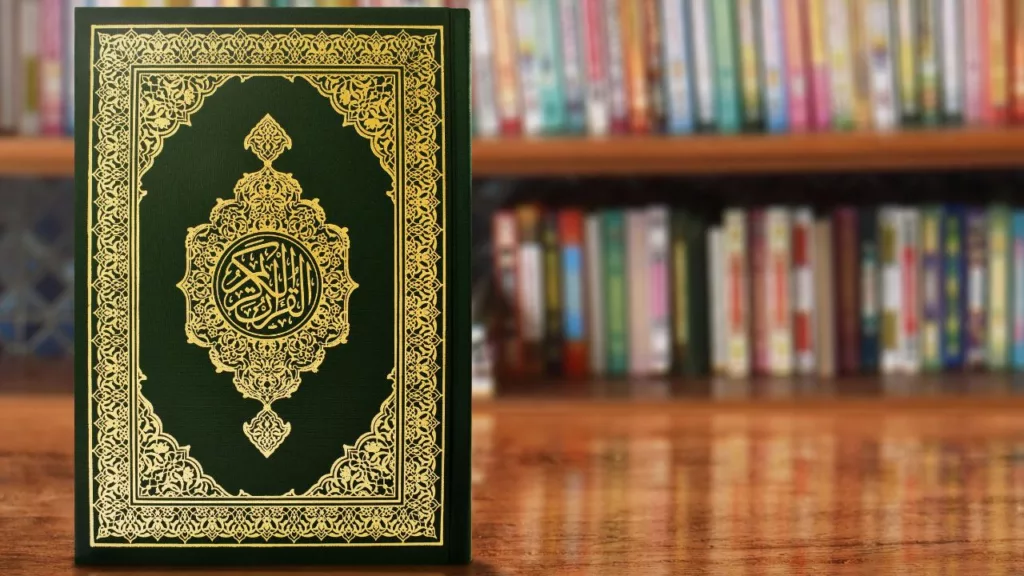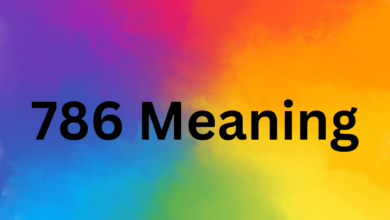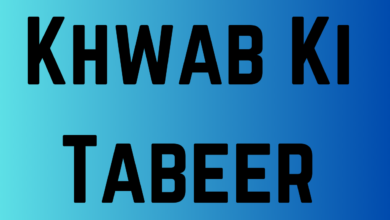History of Quran | Importance | Significance | Full Guide 2023
Exploring the Origins and Significance

History of Quran
The Quran is the holy book of Islam, believed to be the literal word of God as revealed to the Prophet Muhammad. It is the primary source of guidance for Muslims and holds immense importance in their faith and practice.
- Who is the World Best Man? | Controversial Quest | 2023
- Who was Hazrat Khadija?
- Who was Hazrat Ali and what is his significance in history and religion?
- 4th Khalifa of Islam
Introduction – History of Quran
The Quran, the holy book of Islam, holds a unique and revered place in the hearts of over a billion Muslims worldwide. Its history is a testament to the faith, dedication, and divine guidance that have shaped the Islamic tradition. In this article, we will embark on a journey through time to explore the history of the Quran, from its revelation to the compilation we know today.
- The Revelation of the Quran
The Quran is believed by Muslims to be the literal word of God, revealed to the Prophet Muhammad over a period of 23 years. The story begins in the early 7th century when Muhammad received his first revelation in a cave on Mount Hira near Mecca. The angel Gabriel appeared to him, delivering the initial verses of the Quran. These revelations continued intermittently until Muhammad’s passing in 632 CE.
- Oral Transmission
In the early days of Islam, the Quranic verses were primarily transmitted orally. The Prophet Muhammad would recite the verses to his companions, who would then memorize and pass them down to others. This oral tradition was vital in preserving the Quran’s integrity and authenticity.

- Compilation During Caliphate
After the Prophet’s death, during the caliphate of Abu Bakr, there was a concern that some of those who had memorized the Quran had died in battles. To ensure the preservation of the Quran, Abu Bakr ordered the compilation of all Quranic verses into a single book. Zaid ibn Thabit, a close companion of Muhammad, played a pivotal role in this task.
- The Uthmanic Codex
During the caliphate of Uthman ibn Affan, around 650 CE, another important event took place in the history of the Quran. Uthman ordered the production of several copies of the Quran and sent them to different regions within the Islamic empire. This standardization of the Quranic text ensured its uniformity and preservation.
- Quranic Manuscripts
Throughout history, numerous Quranic manuscripts were produced by skilled calligraphers. These manuscripts were beautifully adorned and served as both religious texts and works of art. Some of these ancient Quranic manuscripts still exist today, providing valuable insights into the history of Quranic calligraphy.
- Modern Printing and Distribution
With the advent of the printing press, the Quran became more accessible to a global audience. Printed copies of the Quran allowed for mass production and distribution, further spreading the teachings of Islam.
- Quranic Translation
In the modern era, scholars have worked diligently to translate the Quran into numerous languages to make its message accessible to a wider audience. These translations, while helpful for non-Arabic speakers, are considered interpretations of the Quran’s meaning, as the original text is believed to be inimitable in its eloquence.

Conclusion
The history of the Quran is a story of divine revelation, oral transmission, careful compilation, and the ongoing quest to make its message accessible to all. From its humble beginnings in a cave in Mecca to its presence in homes and mosques worldwide, the Quran continues to inspire and guide billions of people on their spiritual journey. Its history is a testament to the enduring power of faith and the preservation of sacred knowledge.
What is the Quran, and why is it important in Islam?
The Quran is the holy book of Islam, believed to be the literal word of God as revealed to the Prophet Muhammad. It is the primary source of guidance for Muslims and holds immense importance in their faith and practice.
How was the Quran revealed to the Prophet Muhammad?
The Quran was revealed to the Prophet Muhammad by the angel Gabriel over a period of 23 years. It began with Muhammad receiving the first revelation in a cave near Mecca.
Can you explain the process of preserving the Quran orally?
The Quran was initially preserved through oral transmission. The Prophet Muhammad recited verses to his companions, who memorized and transmitted them to others. This oral tradition was crucial in preserving the Quran’s integrity.
When was the Quran first compiled into a single book?
The Quran was first compiled into a single book during the caliphate of Abu Bakr, shortly after the death of the Prophet Muhammad. This compilation aimed to ensure the preservation of the Quranic text.
What is the Uthmanic Codex, and why is it significant?
The Uthmanic Codex refers to the standardized version of the Quran ordered by Caliph Uthman ibn Affan in the 7th century. Copies were distributed throughout the Islamic empire, ensuring the uniformity of the Quranic text we have today.
Are there ancient Quranic manuscripts that still exist today?
Yes, there are several ancient Quranic manuscripts that have survived through the centuries. These manuscripts are valuable historical artifacts and provide insights into the early history of the Quran.
How has the Quran been distributed in modern times?
In modern times, the Quran is widely distributed through printed copies, making it accessible to a global audience. It’s also available online in various languages, further increasing its reach.
Can non-Muslims read the Quran, and are there translations available?
Yes, non-Muslims are welcome to read the Quran. There are numerous translations of the Quran available in different languages, making its message accessible to a broader audience. However, it’s important to note that translations are considered interpretations, and the original Quranic text is in Arabic.
How has the Quran influenced Islamic art and calligraphy?
The Quran has had a profound impact on Islamic art and calligraphy. Many skilled calligraphers have created beautifully adorned Quranic manuscripts, which are considered both religious texts and works of art.
Is the Quran still relevant in the modern world?
Yes, the Quran is considered by Muslims to be eternally relevant. Its teachings provide guidance on various aspects of life, ethics, and spirituality, making it a source of inspiration for individuals in the modern world as well.





